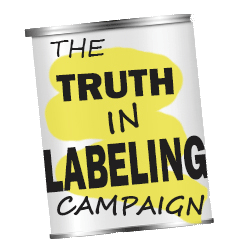There’s an old adage that says, “the proof of the pudding is in the eating,” but if you think the pudding you’re about to eat might have MSG in it, better have it tested before you indulge.
You don’t have to have it tested yourself, however, you can ask the company for an assay for free amino acids. Every manufacturer must have one.
The manufactured free amino acid — called glutamic acid — is what becomes excitotoxic, killing brain cells when ingested in amounts greater than what the body needs for normal function. That same glutamic acid causes reactions which include asthma, a-fib, tachycardia, irritable bowel, migraine headache, and seizures. (If they admit to MSG causing any reactions, members of the glutamate industry talk about something called “Chinese Restaurant Syndrome,” which doesn’t include any of the above or 100 or so other reactions).
Remember to ask for an assay for free amino acids. Glutamic acid bound with other amino acids in protein does not cause either brain damage or reactions.
If you have questions or comments, we’d love to hear from you. If you have hints for others on how to avoid exposure to MfG, send them along, too, and we’ll put them up on Facebook. Or you can reach us at questionsaboutmsg@gmail.com and follow us on Twitter @truthlabeling.


